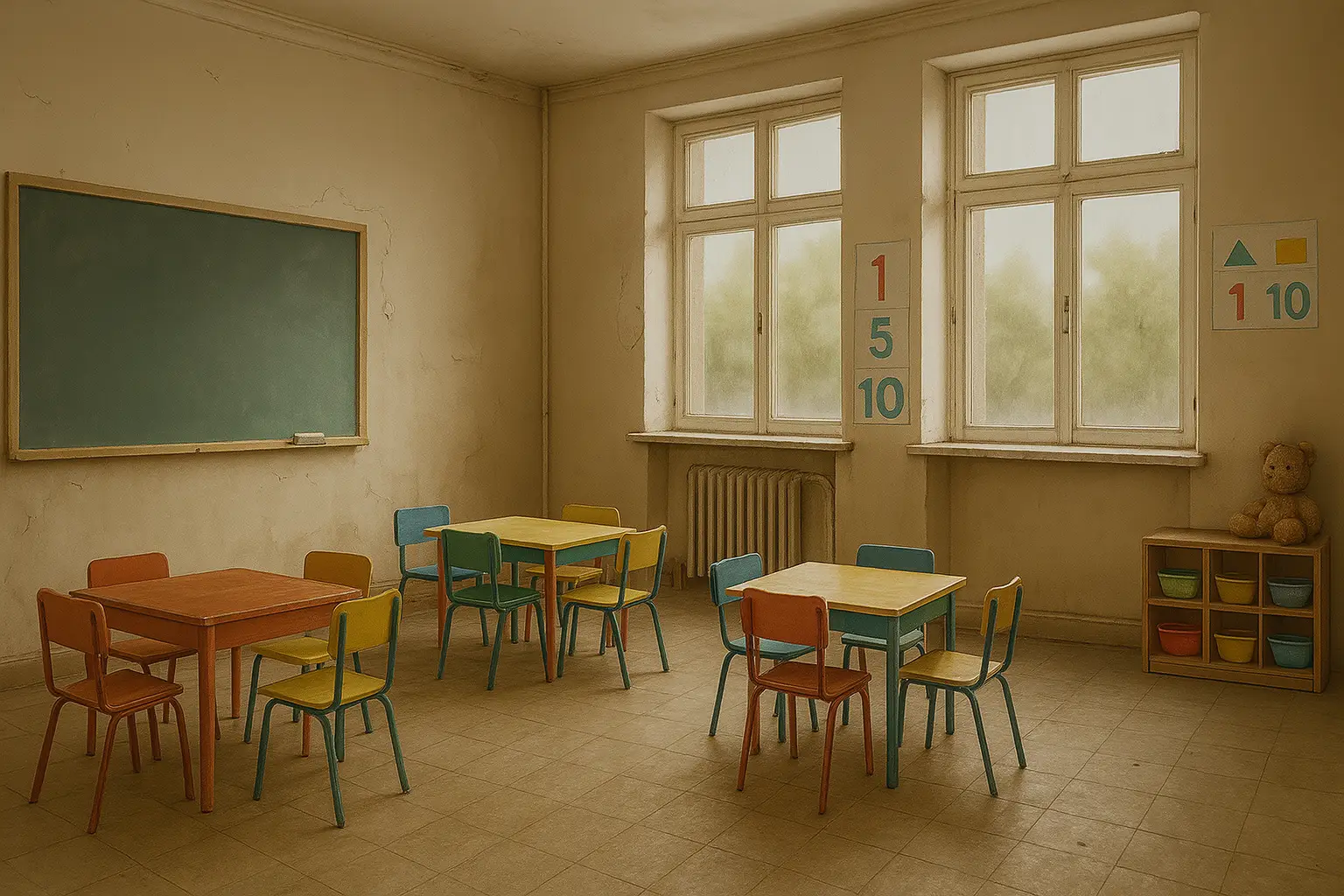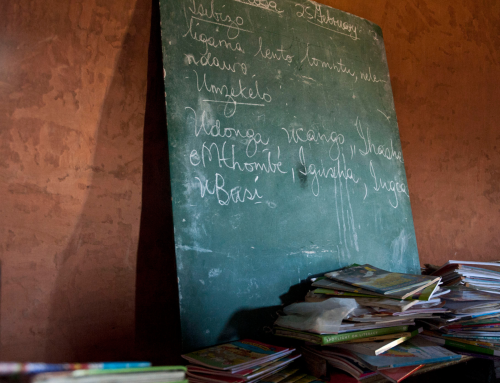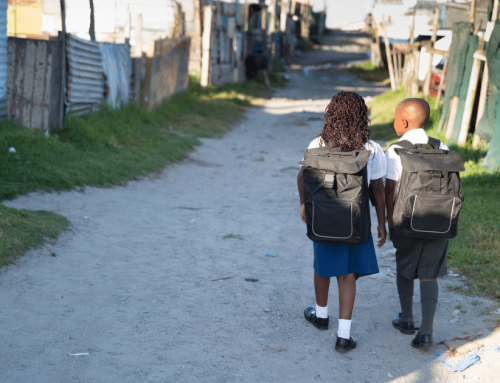Understanding the Cost of Unpaid Subsidies on Young Children

Hundreds of early childhood development (ECD) centres across KwaZulu-Natal (KZN) are facing severe financial strain, many on the verge of closure. At the heart of this crisis is the Department of Education’s ongoing failure to pay subsidies owed to registered centres serving some of the province’s poorest communities. This is not simply a matter of unpaid bills. It denies thousands of children the early learning, nutrition and safety that underpin their future development.
Registered ECD centres qualify for a small subsidy recently raised from R17 to R24 per child per day. Even at this rate, the subsidy is too low to cover all costs but remains essential for centres whose families cannot pay higher fees. These subsidies help centres provide early learning, nutritious meals and safe, nurturing spaces. Without them, many centres cannot remain open.
In recent years, delays and erratic payments have become widespread. The Legal Resources Centre (LRC) was approached by the Friends of South Africa ECD Forum (FOSA) and the KZN ECD Alliance representing hundreds of centres who described months-long payment gaps with no explanation.
These problems worsened after ECD oversight shifted from Social Development to Basic Education in April 2022. The LRC first wrote to the Department in February 2024 demanding payment of arrears and reasons for delays. That letter went unanswered. Although some payments were made in March 2024, the problem soon escalated again with many centres at risk of closure. A second letter in October 2024 also went unanswered.
With the Department failing to act, FOSA, the KZN ECD Alliance and three affected centres Sakhokwethu, Phumelela and Zenzeleni launched legal action with LRC’s support.
Part A was heard urgently by the Pietermaritzburg High Court on 26 May 2025. The Court ordered the Department to pay all arrears to the three centres within ten days. Despite this clear order, the Department only made partial payments to two centres and nothing to the third.
In the weeks that followed, the LRC tried repeatedly to secure compliance through emails and calls. These efforts were largely ignored apart from one vague reply referencing internal accounting issues with no payment schedule.
When payments did arrive, they were inconsistent, incomplete and unexplained. Centres received no clarity about which months or financial years they covered, making it impossible to plan or budget. This forced centre principals into impossible choices such as paying staff or feeding children, keeping lights on or buying supplies.
This crisis reveals deeper failures of governance and accountability that the second part of the case seeks to address.
Part B of the litigation aims to secure structural relief to fix the systemic problems behind the crisis. While a hearing date has yet to be confirmed, the applicants will ask the Court to declare that access to ECD is a constitutional right for all children. They will also seek orders compelling the Department to disclose the full extent of unpaid subsidies, finalise Transfer Payment Agreements, and report to the Court on progress toward full compliance.
This is not about special treatment for a few centres. It is about ensuring that children across KZN receive the essential services they are entitled to and that centres have the stability they need to deliver them.
How Young Children Pay the Price of Unpaid ECD Subsidies
For many children in KZN, ECD centres are not just places of learning. They are lifelines providing holistic support for survival and development. This includes early learning stimulation, social services, healthcare, caregiver support and nutrition.
These services work best when delivered together through structured play, health worker visits, immunisations, balanced meals and the care of trained practitioners.
When subsidies are delayed or unpaid, centres cannot deliver these services consistently. Staff go unpaid or leave, nutritious meals are cut and facilities deteriorate. These failures harm critical stages of childhood development that cannot be regained later.
Children denied consistent, quality ECD are less prepared for school and less likely to succeed academically, deepening poverty and inequality. At Sakhokwethu, Phumelela and Zenzeleni Crèches, the goal is to protect children’s rights. But the Department’s neglect has left them in crisis, ignoring the urgent needs of some of society’s most vulnerable members.
Who is Responsible
The ECD funding crisis cannot be separated from KZN’s broader poverty and inequality. In 2023, the upper-bound poverty line was R1558 per person per month. Yet in 2022, 81 percent of young children in KZN lived in households below that threshold, even with the Child Support Grant of just R530. The province has a 49 percent food poverty rate and a 28 percent stunting rate among children.
These realities make ECD services essential. For families living in poverty, state-funded ECD is often the only way children receive meals, care and early learning. Without it, children face greater risks of hunger, illness and developmental delays.
South Africa’s National Integrated ECD Policy recognises ECD as a fundamental human right. But to protect this right in practice, it must be enforced as a constitutional obligation.
The applicants are asking the Court to confirm that existing constitutional rights place a duty on the Department to support ECD centres in marginalised communities.
Conclusion
The crisis in KZN’s ECD sector is a failure of governance and a betrayal of children’s rights. But it is also an opportunity to affirm that ECD is not a luxury but a constitutional obligation.
The Department’s failure to pay subsidies consistently has undermined children’s access to early learning, nutrition and care essential for their development and well-being. Ensuring compliance is not about charity but about meeting the state’s duty to its youngest citizens.




